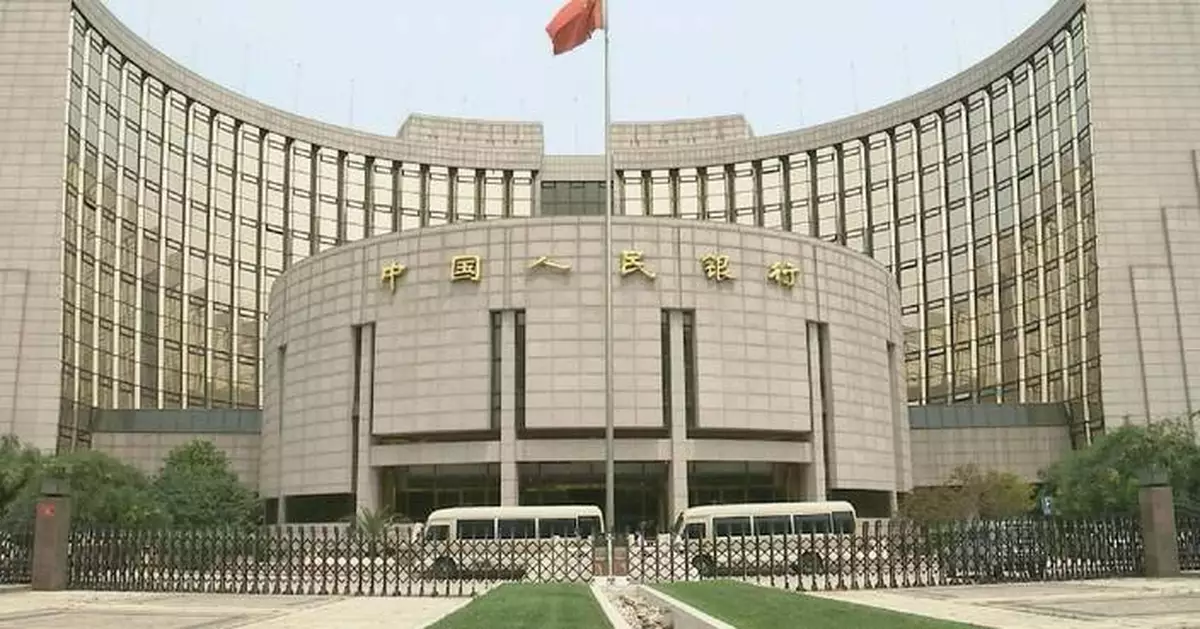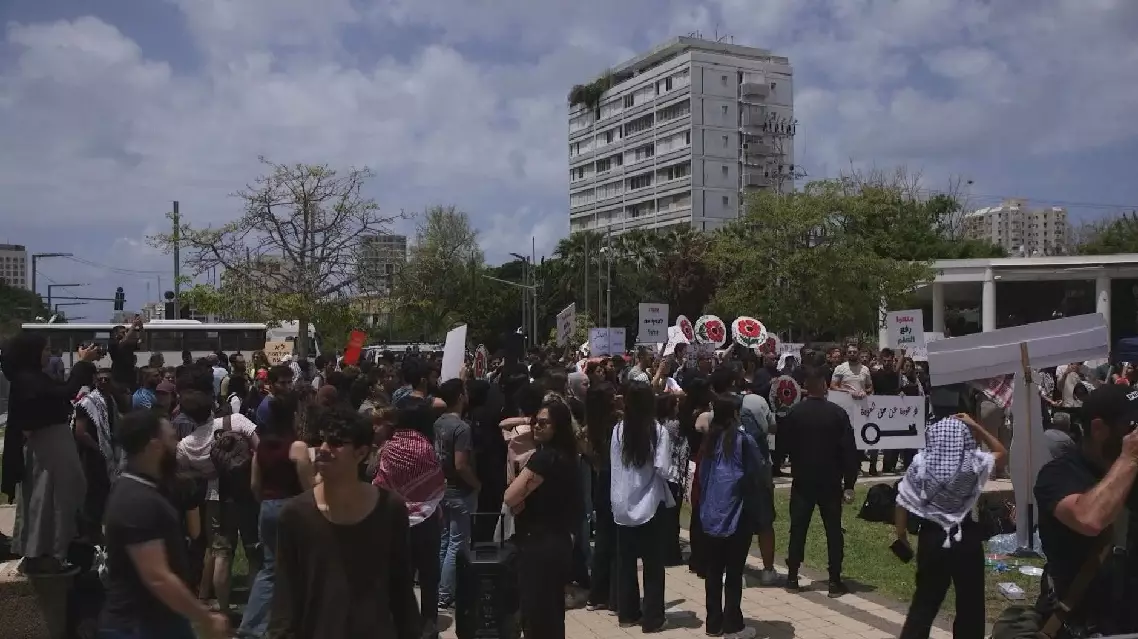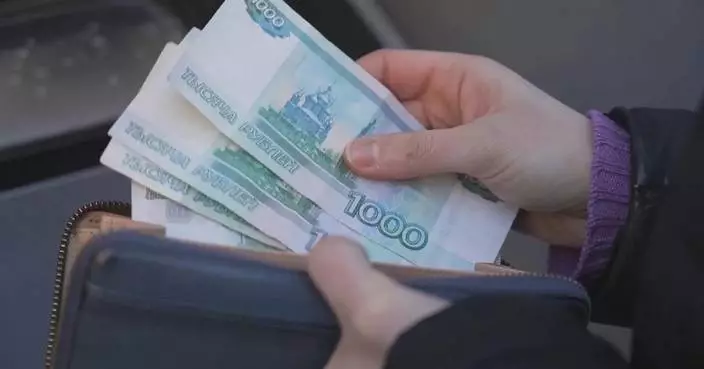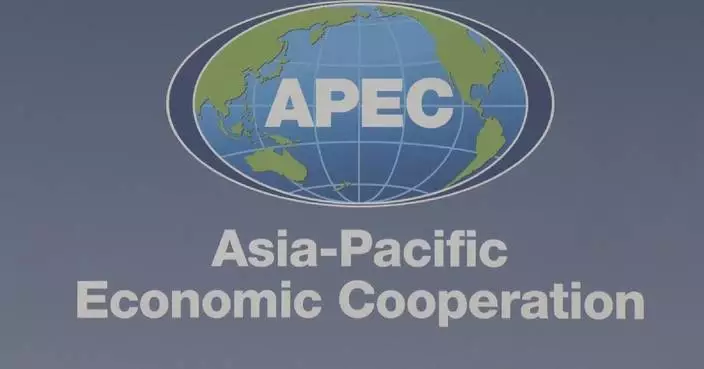China will implement a moderately loose monetary policy in 2025 to better support the real economy, focusing on expanding domestic demand, stabilizing expectations, and stimulating vitality, according to officials from the People's Bank of China (PBOC).
These measures include reducing the reserve requirement ratio and cutting interest rates as appropriate, based on domestic and international economic and financial conditions, to maintain ample liquidity and ensure steady growth in financial supply.
"We will maintain reasonable growth in financial aggregates, utilize a mix of monetary policy tools, ensure adequate liquidity, and guide financial institutions to explore effective financing needs. This aims to align the growth of social financing scale and money supply with the expected targets for economic growth and overall price levels," said Zou Lan, director of the PBOC's Monetary Policy Department, in Beijing on Friday.
The central bank will channel more financial resources into key areas for economic restructuring, transformation, and upgrading, while supporting the shift from old to new growth drivers.
"We will advance market-oriented exchange rate reform, enhanced guidance over market expectations, effectively respond to external shocks, firmly prevent the risk of exchange rate overshooting, and keep the RMB exchange rate generally stable at an adaptive, balanced level," Zou added.
Beyond monetary measures, the PBOC plans to strengthen coordination with other macroeconomic policies, such as fiscal policy, industrial policy, and regulatory measures. This integrated approach aims to ensure a consistent policy orientation that supports consumption growth and effective investment.
"The moderately loose monetary policy will be implemented effectively to expand domestic demand, stabilize expectations, and stimulate vitality. We will place greater emphasis on consumption, stabilize foreign trade and foreign investment, and assist Shanghai in playing a stronger role as an economic 'pillar,'" said Jin Penghui, director of the PBOC's Shanghai headquarters, in Beijing on Friday.
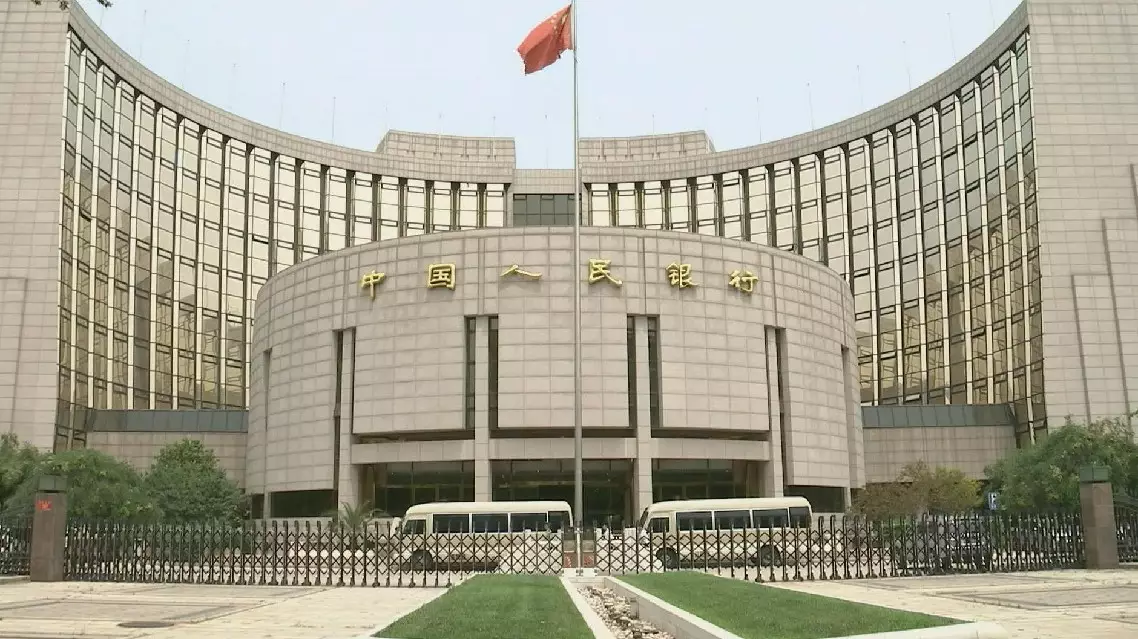
China to moderately loosen monetary policy to further boost domestic demand, stimulate vitality
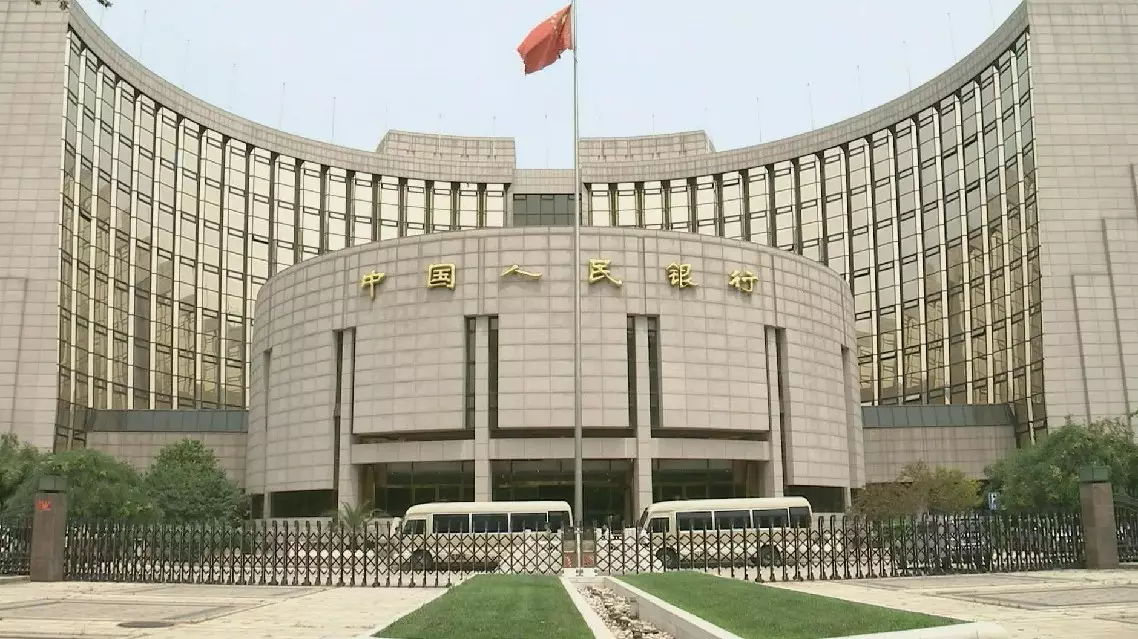
China to moderately loosen monetary policy to further boost domestic demand, stimulate vitality
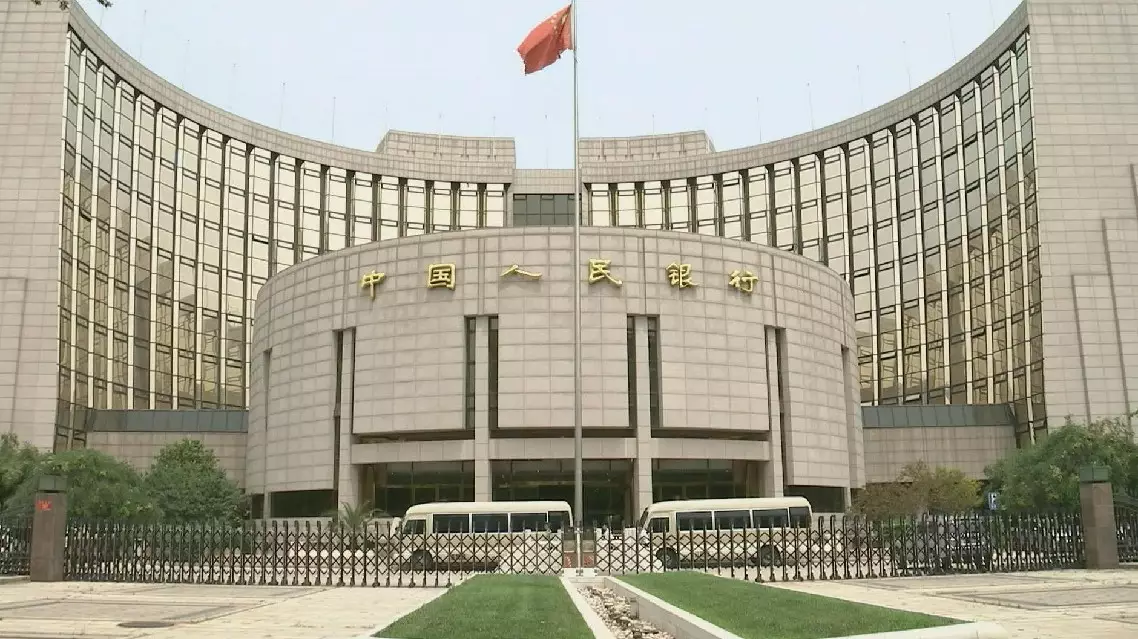
China to adopt moderately loose monetary policy to boost demand, vitality: PBOC officials


